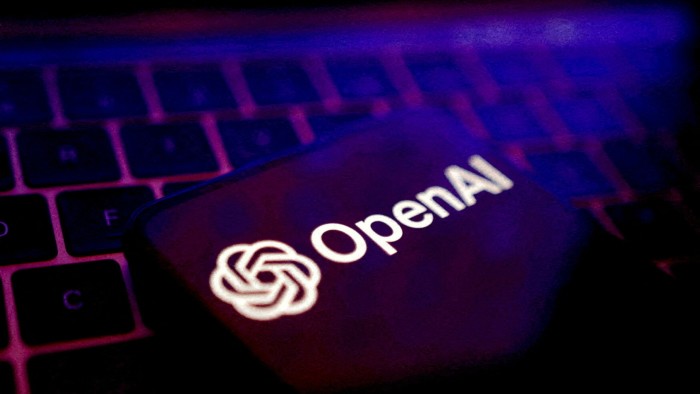Unlock the Editor’s Digest for free
Roula Khalaf, Editor of the FT, selects her favourite stories in this weekly newsletter.
The value of UK government contracts for artificial intelligence-related projects has reached £573mn this year, surpassing the total amount awarded for the whole of 2024, according to new figures from government procurement data provider Tussell.
The figure, which covers contracts awarded in the period to July 15, compares with a total of £468mn for last year. The contracts could span a number of years and may not reflect short-term spending.
Tussell categorises AI awards as any public contracts involving generative AI, predictive and data analytics, image recognition and automation.
Prime Minister Sir Keir Starmer has vowed that AI can help streamline the civil service and reduce government waste. Ministers said in March that the deployment of new technology would save Whitehall at least £45bn a year.
In late July the government signed a strategic partnership with OpenAI under which Sam Altman’s company will invest in the UK in exchange for Whitehall using its technology in public services.
While the financial arrangement of the OpenAI partnership has not been disclosed, the government’s AI push has been a valuable source of revenue for companies that have won lucrative procurement contracts aimed at improving government efficiency.
The Cabinet Office said: “Sluggish, outdated systems have held back public services for too long — costing time, money and public trust . . . From improving services, and cutting waste, AI is helping us build a smarter state.”
The largest recipients of public contracts in recent years include Microsoft, Palantir, Belfast-based software enterprise company Kainos, Hewlett Packard Enterprise and Nasdaq-listed automation company UiPath.
Daniel Dines, chief executive of UiPath, said the Department for Work and Pensions had been one of the company’s largest clients. UiPath’s latest contract to increase automation at the DWP is worth £10mn and runs until at least 2026.
The company also has contracts with bodies including the government’s Students Loan Company, the NHS, Land Registry and the Scottish Police Authority.
“The public sector in the UK is much more agile than the European public sector,” Dines said, noting that the Labour government was “pushing for efficiency”.
UK government partnerships with tech companies have been contentious. Palantir’s role in the digitisation of the NHS has been subject to scrutiny over claims that it poses a data privacy risk for patients.
A July report from Amnesty UK criticised the DWP’s “unhealthy obsession” with AI as part of efforts to reform universal credit and disability payments, arguing that technology was leaving some claimants in “bureaucratic limbo”.
In response to the report DWP said: “We want to improve the experience for everyone who needs to access and use our services, and technology plays an important part in that. We ensure the appropriate safeguards are in place to guarantee the lawful, proportionate and ethical use of data and technology.”
Most government spending on AI has been limited to less controversial applications.
This year’s largest contract, worth more than £234mn, was won by the LGC Group, formerly the Laboratory of the Government Chemist, to conduct research into a national measurement system.
